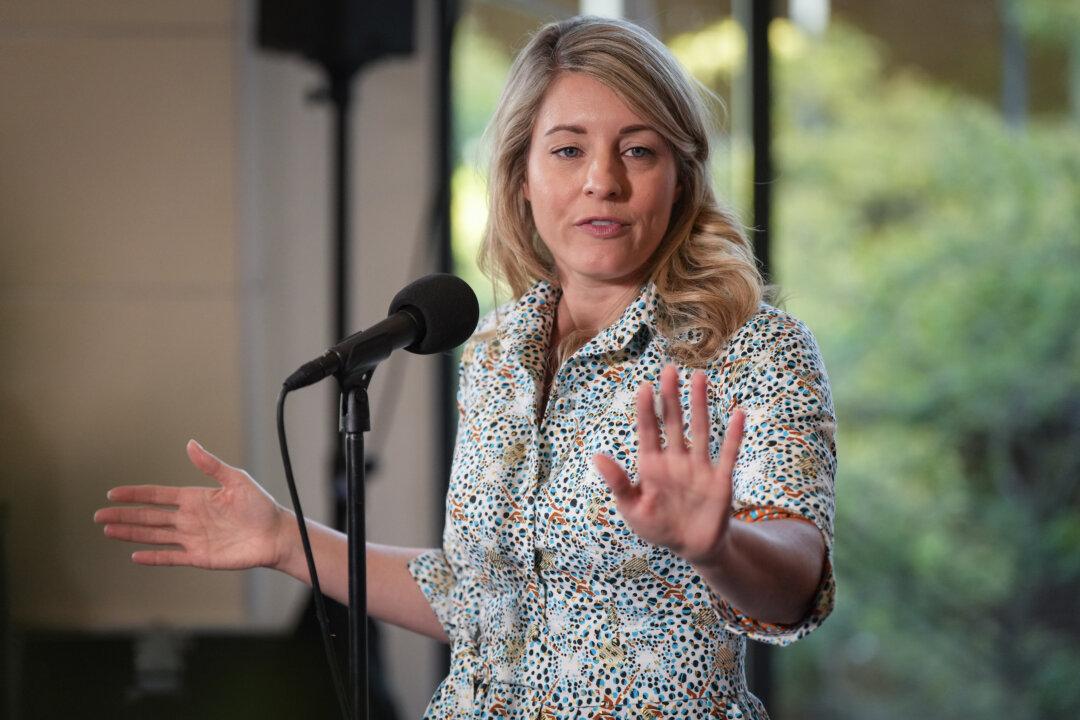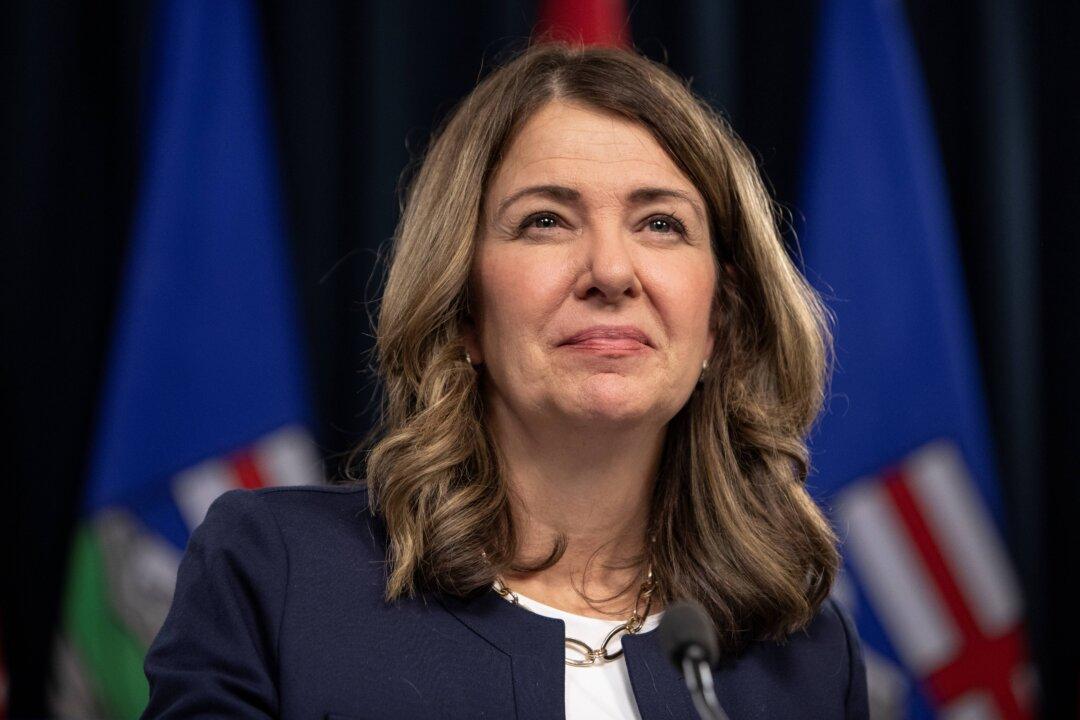Foreign Affairs Minister Mélanie Joly said Ottawa has not ruled out any measures in weighing the response to tariffs by incoming U.S. President Donald Trump, including cutting off energy exports to the country.
“What I can tell you is everything is on the table,” Joly told CTV News on Jan. 12 when asked whether the government was open to cutting off energy supplies to the country.





